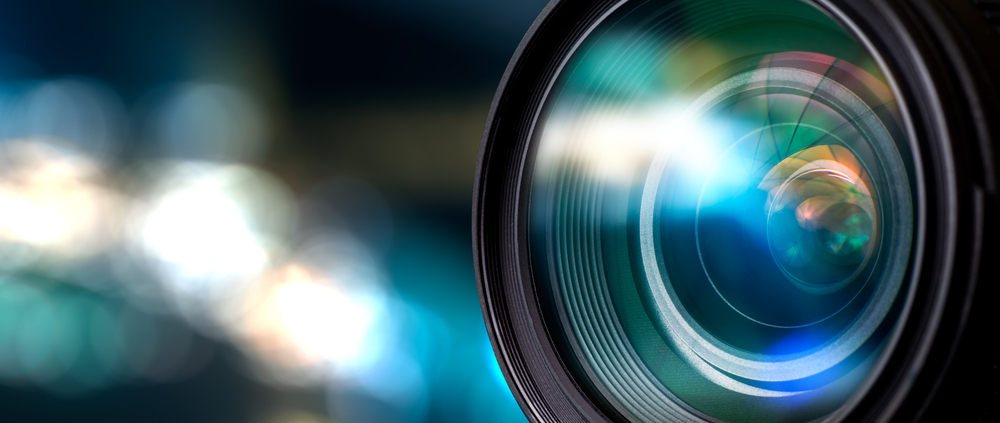Is It Permissible to Change One’s Physical Features On a Photo?
Shafi'i Fiqh
Answered by Ustadh Fariduddin Dingle
Question
Is it permissible to change one’s face or other physical features using a photo editing app?
Answer
Thank you for your important question.
Making a digital picture of yourself with edited features would not be categorically forbidden, but should be avoided because many scholars would take issue with it, and because the benefit realised in doing so is fairly negligible.
As you mentioned, the Messenger of Allah (Allah bless him and give him peace) said, ‘The most severely punished people by Allah on the Day of Rising will be those who tried to mimic Allah’s creation.’ (Muslim)
This should inspire us to be as cautious as practically possible.
Fuller Answer
Mimicking Allah’s creation
As with many discussions of halal and haram, the debate is not whether or not idol/image making is permissible or not, rather the question is what is meant by “making pictures”.
Everyone agrees that making a three dimensional representation of an animate object is forbidden. Thereafter, there is debate.
Please see:
The Maliki View on Pictures of Humans and Animals
Is the issue making an image of something that doesn’t exist in reality, or copying something that does exist? What about an incomplete picture? What about a photo? Is a photo like looking in the mirror, or is it like drawing?
All of these issues are a matter of debate. (al Majmu, Nawawi; Fath al Mulhim, Shabir Ahmad Usmani and Muhammad Taqi Usmani; al Fiqh al Islami wa adillatuh, Dr Wahba Zuhayli)
In the scenario that you detail, there are quite a lot of things that are problematic, albeit not agreed upon to be sinful.
Self Image
Another very important discussion here is the tendency to be obsessed with how one looks and how others perceive one. This is arguably much more serious than the first discussion.
It is very easy to become very vain by continually looking at oneself in the mirror and continually taking pictures of oneself. As far as I know, no madhhab, sect, or religion allows pride or vanity. ‘No one with an atom’s weight of pride will enter Paradise.’ (Muslim)
This means that we have avoid being obsessed with ourselves and repent from any thoughts of pride before Allah removes our pride from us by force.
Focusing on how we look can also very easily lead to depression. By continually comparing ourselves with the glamour queens of our age we can quickly develop an acute sense of worthlessness. The more and more we try to catch up, the more we find that it is hopeless, and soon depression sets in.
If we just focused on other things, and thanked Allah for whatever good looks we had, the whole avalanche of obsessing and depression would not be such a big issue.
Another very important issue here is who is looking at one’s pictures. Putting funny bunny ears on one’s image and posting it on Instagram is one thing; posting a seductive image of oneself — one that has been intentionally edited to be more attractive — is quite another.
Please see:
What does the word “adornment” (zeena) in the Qur’an refer to?
Precaution
Just as the Prophet (Allah bless him and give him peace) was sent to give us the good news of Islam and Paradise, he was also sent to warn us of sin and Hell-Fire.
As mentioned, the Messenger of Allah (Allah bless him and give him peace) said, ‘The most severely punished people by Allah on the Day of Rising will be those who tried to mimic Allah’s creation.’ (Muslim) There are many other sound hadiths to sake effect. When we read a hadith like this, as Muslims with iman in our hearts, we should be scared and be moved to take precautions.
So too, when we find debate on an issue, it doesn’t mean we should jump into it. Quite the opposite, if some scholars say something is halal and others say it is haram, we should try and avoid it, as in this scenario.
The Messenger of Allah (Allah bless him and give him peace) said, ‘Leave that which you are not sure about for that which you are sure about.’ (Ahmad, Tirmidhi, Ibn Hibban)
He also said, ‘Learning is better in my eyes than mere worship, and the best religious practice you can do is to be precautious.’ (Hakim)
He also said, ‘A slave with never be of the pious (al muttaqin) until he leaves things that are perfectly okay for fear of things that are not okay.’ (Tirmidhi and Hakim)
One of the Early Muslims said, ‘Whoever wants to do nothing and be nothing, let him see well to following [all sorts of] dispensations.’ (Shuab al-Iman, al-Bayhaqi)
All of this tells us that being precautious is part of our religion, and that we should avoid pictures, and particularly digitally editing them, unless there is some overriding benefit that could be achieved by doing so.
Conclusion
While there is room for making a digital picture of yourself with edited features within the wide and welcoming scope of Islamic scholarship, one should be sure not to get obsessed with oneself, not to post inappropriate images, and err on the side of caution regarding taking pictures and digitally editing them.
I pray this helps.
[Ustadh] Farid
Checked and Approved by Shaykh Faraz Rabbani
Ustadh Farid Dingle has completed extensive years of study in the sciences of the Arabic language and the various Islamic Sciences. During his studies, he also earned a CIFE Certificate in Islamic Finance. Over the years, he has developed a masterful ability to craft lessons that help non-Arabic speakers gain a deep understanding of the language. He currently teaches courses in the Arabic Language.
